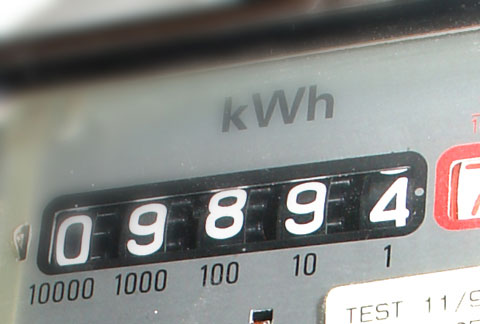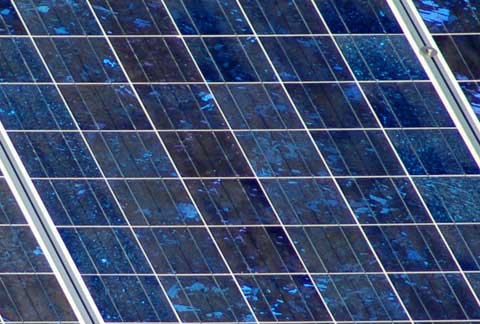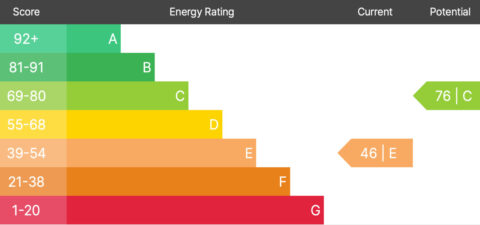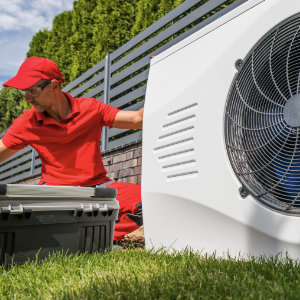We’ve had several Sust-it users asking us why you can’t get hot fill washing machines any more. I must admit we went through the same process when replacing our worn-out washing machine a few years back. We had a very reliable Zanussi washing machine for over 19 years, which had a hot water feed, which was a real plus as our heating system at the time (which was not very eco-friendly, I must say!) was always generating a constant supply of hot water. The advantage was we weren’t wasting electricity, by reheating water within the washing machine.
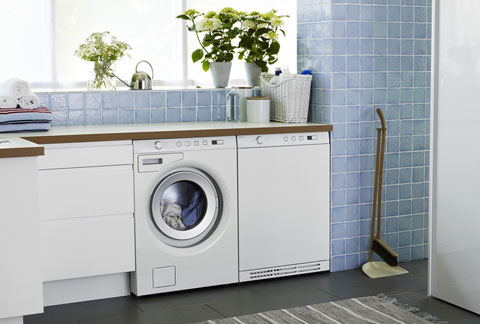
We are now using a ground source heat pump to create our hot water supply, which is far more efficient than the heating elements in our washing machine! As would be a solar, wood pellet or even an efficient gas combi boiler! Unfortunately, at the time we needed to replace the Zanussi we could not source a hot feed supply washing machine. This was probably due cost cutting by manufacturers, and perversely the effect of energy labels which did not have a testing procedure for hot water supply machines.
So if you have a greener supply of hot water, what are the potential saving? One Sust-it user made contact, had a 12 year old B rated 6 kg Bosch washing machine with a hot fill supply, according to the manual, and at 60ºcotton cycle, and it uses 0.4 kWh costing £37.57 That’s nearly better than our best performance A+++ top-performing machine!
You will please to hear that you can now get a new energy efficient hot feed washing machine from ISE, these Swedish made machines are designed to last at least 8000 cycles and every machine is tested at the factory prior to dispatch. If you did one wash per day, 365 days per year, that’s just under 22 years of use! AND THEY HAVE A HOT WATER FEED! They are a little expensive though.
Cost to run using internal water heating £51.61 per year = 134.45 kgCO2
With Hot Water feed connected £28.11 = 44.82 kgCO2
Please drop us a line if you’d like more information on these hot fill washing machines
See the most energy efficient...
← SWIPE →













